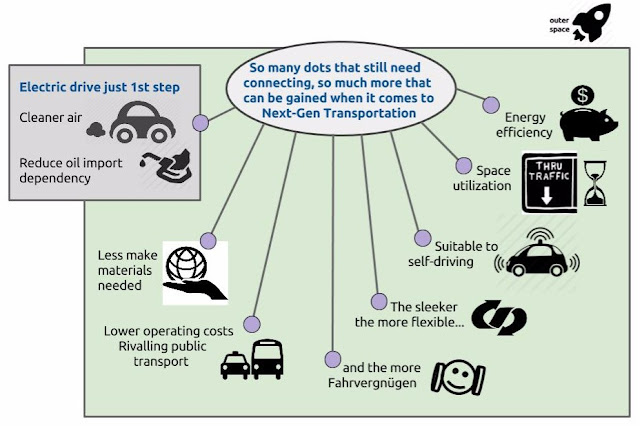30 kWh is not enough to get you to 120 miles of range. Unless you are speaking of a two-seater that weighs well under 2,700 lbs. Maybe.
Many traditional automobile manufacturers have already abandoned the sub-$15,000 market. It is very likely that within a few years, the rest will abandon the sub-$20,000 market. Quite a few 'cheap' cars are greatly outsold by desirable cars that cost a lot more.
JB Straubel said about two years ago that Tesla Motors' internal cost for a battery pack was on the order of 1/4 the whole car. So, a battery pack at $6,600 would be either: 1) a $26,400 build cost; or 2) a $26,400 selling price, dependent upon your point of view. Either way, you would definitely be losing money at an $18,000 MSRP. If you want to reach that amount as a selling point, even your tiny 30 kWh battery pack would have to come down a lot more in cost. That would make it $4,500 or less.
--------
If someone must buy an inexpensive new car, they probably don't live very close to work. The longer their commute, the greater the roundtrip, the more likely they will need more range. Those who experience 'range anxiety' typically would prefer that they can take care of the majority of their driving by using only 70% of the car's maximum stated range.
Most people drive less than 40 miles per day. Some people rarely drive less than 80 miles per day. A very few people must drive in excess of 200 miles per day.
Looking at the least of these, 40 miles per day, at five days per week, comes to 200 miles. I believe that is why the minimum range for Tesla Motors vehicles will be 200 miles from now on. It allows someone who doesn't have a regular parking space to make it through a work week without daily charging. They can plug in at a public charger on Friday evening, and again on Sunday evening, then start anew for the next week.



